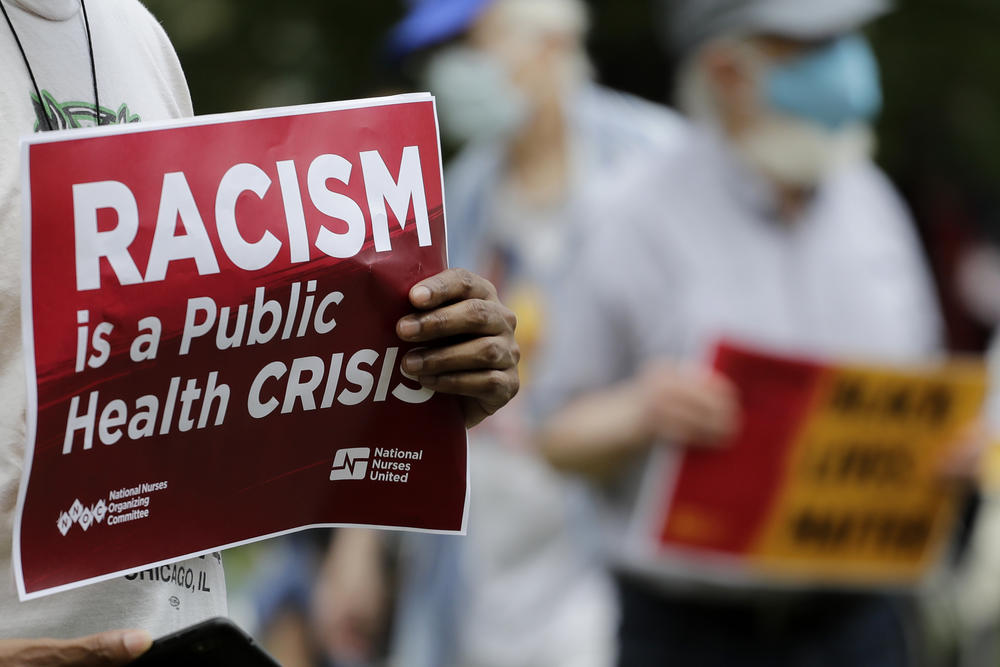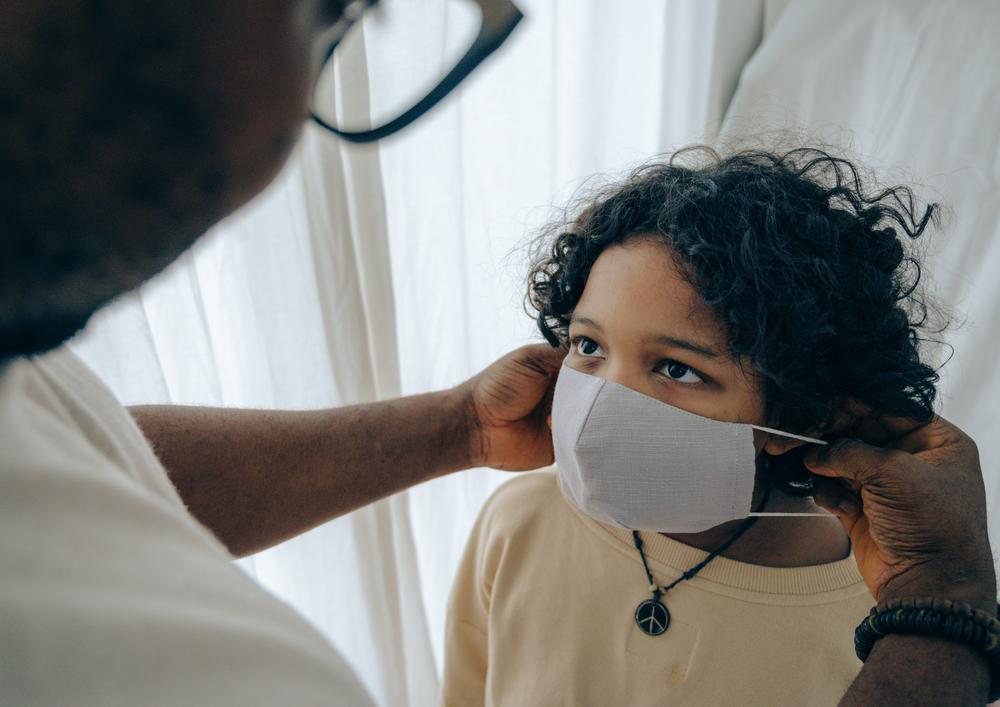
Caption
Results from a new survey show a third of Americans do not see systemic racism as a barrier to good health. This is despite that fact that communities of color have been hit the hardest by the COVID-19 pandemic.
Credit: Nam Y. Huh / AP


